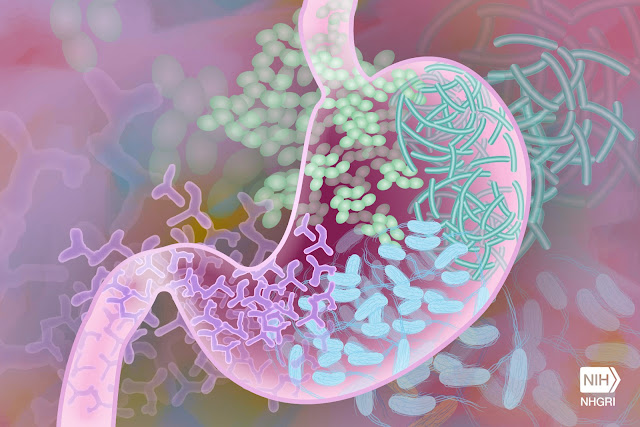In the very near future, a large part of our understanding and management of immunity may come from the study of Microbiome. The pace of research in the area of the human microbiome and its interaction with the environmental microbiome has picked up. And the current pandemic of novel coronavirus or COVID19 may well pave the way towards ensuring sustained immunity.
Martin Veysey Programme Director MBBS at Hull York Medical School, University of York in his piece in theconverstion.com points outs that the molecule which the virus attacks in our bodies – Angiotensin Converting Enzyme 2 or ACE2 – is present not just in our lungs, but in our gastrointestinal tract as well. This is what could be behind the significant number of cases in which patients show gastrointestinal symptoms such as diarrhoea, nausea and vomiting, he goes on to add.
Every living organism is bestowed with the same privilege to propagate and evolve into a stronger species. The antibiotics and anti-virals have at its best managed to control them but not annihilate them. We have seen it in the case of antibiotics - we have today what we call the fifth-generation antibiotics and the bacteria continue to adapt and evolve developing resistance every subsequent generation of antibiotics. In the case of viruses, we now have vaccine-resistant polio strain. For the moment the antibiotics and anti-virals are meanwhile fire-fighting measures we need to have around.
This discovery should be itself be a pointer to Why Your Microbiome Matters? The balance between good and bad bacteria in your could be critical to your immune response to the threat from any virus or bacteria and more specifically the novel coronavirus in the present instant.
| Millions of bacteria that live in your digestive system that make up your microbiome. Credit: Darryl Leja, National Human Genome Research Institute, National Institutes of Health |
Your gut microbes are said to be picky eaters and are known to influence your choice of food. The bad ones are said to make you crave for junk food, while the good ones will make you go for healthier options. The microbes communicate with your brain using the information highway - the vagus nerve.
Watch this video to understand how the food we eat affects your gut and thereby your immunity. Shilpa Ravella shares the best foods for a healthy gut.
